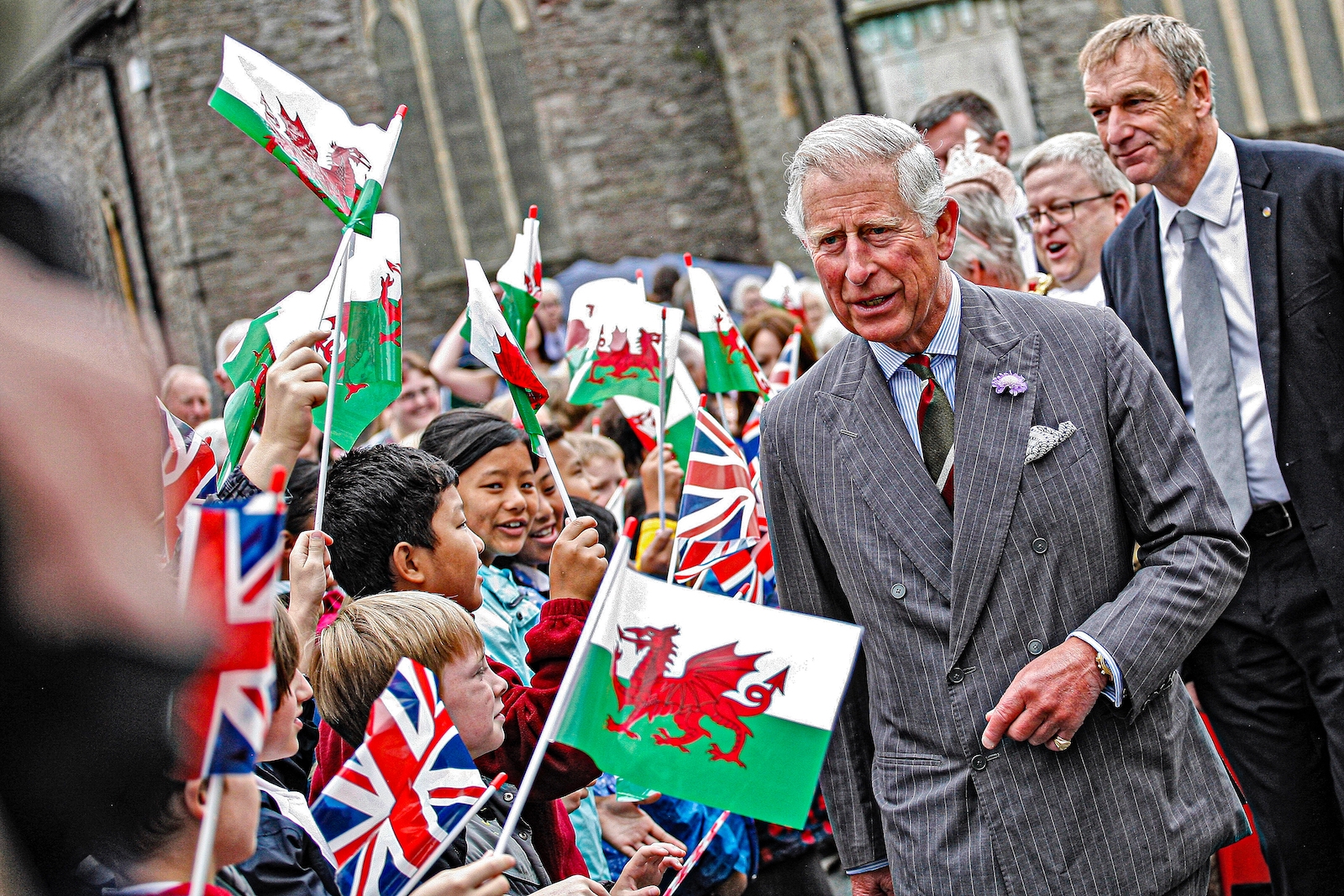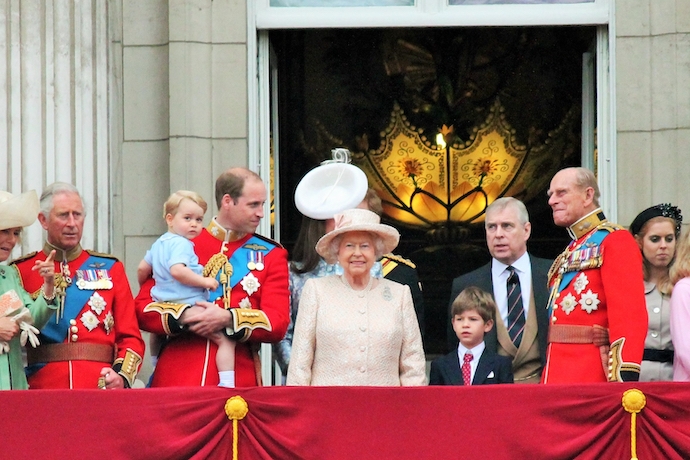
Platinum Jubilees and Republican Questions
The Platinum Jubilee will bore and cause some to yawn. It might certainly agitate the republican spleen in the fourteen countries where Queen Elizabeth II remains a constitutional head of state. But the question remains: How does the institution this figure represents endure, if it should at all?
A rash of countries have expressed an interest in severing ties with the monarchy. In November last year, Barbados did so with some pomp, swearing in its first president, Sandra Mason, a former governor-general. “Today,” Mason proclaimed, “debate and discourse have become action.”
Through 2022, the royals made visits to the Caribbean that showed waning enthusiasm for the Windsors. In Belize and Jamaica, local protesters gathered to call for a formal apology for their family’s role in encouraging that other institution, slavery. A government committee in the Bahamas did not mince its words in calling upon the royals to issue “a full and formal apology for their crimes against humanity.”
The Jamaican Advocates Network was deeply unimpressed by the visit of Prince William and the Duchess of Cambridge, publishing a scathing open letter signed by doctors to religious leaders. “We see no reason to celebrate 70 years of the ascension of your grandmother to the British throne because her leadership, and that of her predecessors, have perpetuated the greatest human rights tragedy in the history of humankind.”
JUST RELEASED:
After a successful acting debut in 2012 with James Bond, The Queen has returned to the big screen, this time with Paddington Bear!#PlatinumJubilee pic.twitter.com/4r4LKmmMTx
— Royal Central (@RoyalCentral) June 4, 2022
The March tour by the royal couple also proved something of a public relations disaster, poor in terms of what political commentators call “the optics.” During a visit to Trench Town in Jamaica, Kate and William were photographed shaking hands with children through wire fences, the pale hands of saviours making contact with black skin.
The couple then rode the same Land Rover used by the Queen and Prince Philip during their 1953 trip to Jamaica. During a military parade, they stood in the open-top vehicle waving to spectators, spectacularly ignorant to the scene. “These unfortunate images are a relic of the past and could have been taken in the 1800s,” came the scornful suggestion from civil rights campaigner Rosalea Hamilton.
In countries such as Canada and Australia, the monarchy has been battered by occasional republican waves without enduring consequence. An Angus Reid survey published in December 2021 found that 52 percent of respondents thought that Canada should not remain a constitutional monarchy indefinitely, though a quarter did.

In Australia, the new Labor government has expressed interest in revisiting the question of becoming a republic, though it is by no means certain how far they will go. Memories still remain of 1999, when the issue was put to a referendum. The republican movement, self-sabotaging and outmanoeuvred, suffered a stunning defeat.
The party’s 2021 national platform did stump its support for the idea and promised to “work toward establishing an Australian republic with an Australian head of state.” Speaking on the occasion of the jubilee, Australian Prime Minister Anthony Albanese, while paying tribute to the Queen’s “remarkable seven decades on the throne” noted that the relationship between colonial power and former colony had altered. “No longer parent and young upstart, we stand as equals.”
One source of potential republican inspiration concerns the issue of succession. The durable, seemingly deathless Queen Liz is popular; the next in line, is not. According to the latest YouGov poll, Prince Charles is the sixth most popular, behind Princess Anne and the Duchess of Cambridge. Popularity measures are also generational, with millennials coming in at 40 percent; Gen X, at 57 percent; and Baby Boomers, at 62 percent. Even ardent royalists struggle to find appeal in the idea of Charles III.
Walter Bagehot, in his 1867 work The English Constitution, put much stock in two ruling concepts: the “efficiency” component comprising responsible government and statecraft and the “dignified” part to encourage homage. The latter was “one to excite and preserve the reverence of the population,” the former, “to employ that homage in the work of government.” With a popular monarch, such matters are easier to reconcile. With a real boob on the throne, things can sour.
Under the Queen’s rule, the institution has absorbed the punches and blows of scandal and threat. Anti-royalist sentiment in Britain has failed to become an indignant stampede of constitutional reform. With the death of Princess Diana in 1997, the Windsors seemed to have reached their lowest point. Scottish academic Tom Nairn, on looking at the throng of mourners in the Mall, saw the “auguries of a coming time” when the United Kingdom would be rid of those “mouldering waxworks” in Buckingham Palace. “England is due a future – one that can smartly exorcise the ghosts of Balmoral and Windsor.”
No exorcism came, and republicans have been left twiddling. This has not stopped the anti-monarchist group Republic from launching its “Not Another 70” campaign. “While a vocal minority will want to celebrate the queen’s seventy-year reign,” stated the organisation’s chief executive officer Graham Smith, “we must all start looking to the future. The prospect of King Charles is not a happy one, and there is a good, democratic alternative on offer.”
As celebrations were underway, Smith was full of figures on how many people would be celebrating the occasion. “The polling is quite clear on this, only 14 percent said they were planning to do anything and 11 percent in another poll said they were very interested in it.” Less convincingly, he drew upon figures that showed a fall in the monarchy’s approval ratings from 75 percent to 60 percent, with one poll showing an approval for abolition “up to 27 percent.”
These views, when aired on BBC Breakfast, did not convince the anchor, Roger Johnson. “Why do you not think [the monarchy] is a good idea? The soft power the Monarchy projects, the tourism that [it] attracts in this country? You know the argument.”
The soft power concept, Smith shot back, was “a nebulous and meaningless argument.” The constitution, he argued, should be based “on principles like democracy, not on what people enjoy doing on their holidays.”
Unfortunately for Smith, pageantry, and entertainment comes before ideology and political purpose, and when a festival on this scale is organised, entertainment takes precedence. Those keen to raise constitutional questions can come across as prigs. In that sense, the organising machine of Buckingham Palace has been very canny indeed.

